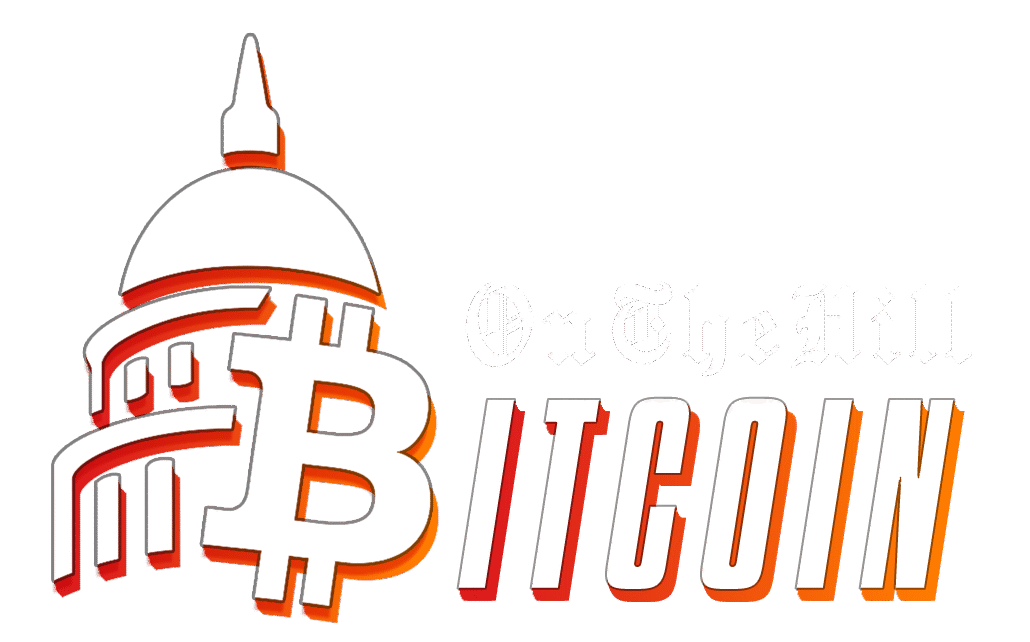When Billions Become Trillions: A Crypto Blunder With Political Fallout
Imagine if your bank account suddenly showed a balance so massive it could buy every house in every U.S. city—twice. Now picture that happening not to you, but to a major Treasury Department-backed fintech company handling the money that powers digital payments around the world. Too wild to be true? This week, it happened in the crypto world—and while the zeroes have been erased, the bigger questions for young voters are just beginning.
Paxos’ $300 Trillion “Oops” and Why It Matters For Young People
If you missed the news, Paxos—the firm behind PayPal’s stablecoin PYUSD—accidentally minted $300 trillion (yes, with a “T”) worth of digital dollars during an internal “transfer error.” For context, that’s almost twice the global GDP. In less time than it takes to send a Venmo request, more digital money was created than has ever existed in the real world. When The Federal Reserve or SEC talks about “systemic risk,” this is what they mean.
While Paxos quickly “burned” the phantom coins and issued an official statement, let’s be real—the damage isn’t just about the error, it’s about what it says for everyone who rents, works, saves, or protests in a digital-first economy. If money can appear and vanish with a few keystrokes, what’s really backing your rent check or side-hustle payout? And who makes the rules?
Crypto Confidence Shaken: What Happens When the Digital Guardrails Fall Off?
For young adults, digital money isn’t just a buzzword—it’s how you split dinner, pay back student loans, or collect gig wages. As more jobs pop up on platforms like PayPal, Venmo, and Cash App, stablecoins like PYUSD are sold as “safe” digital dollars. But if a software slip-up can unleash trillions by accident, how secure is the digital cash you actually depend on?
This isn’t just a crypto-geek problem. The lines between apps, banks, and regulators are blurring—to the point that a bug or typo could mean chaos for anyone with a digital wallet. Where’s the proof that these new money middlemen are held to account? Do enough of them really have safeguards that put young people’s real-world wages, tuition payments, or rent above their bottom line?
Political Wake-Up Call: Who’s Making the Rules for the Money of Tomorrow?
The whole “mint your own money” mishap drops right into a political battleground. Regulators at the SEC and the Federal Reserve are racing to set rules for crypto and digital dollars. Some politicians call for more oversight, arguing that wild errors like Paxos’ show the need for tighter controls—so your paycheck never becomes the punchline in a trillion-dollar whoopsie. Others claim too much regulation will kill innovation and chase away jobs in fintech.
Where do young voters stand in this tug-of-war? If you’re counting on digital payments or dreaming of investing in crypto, shouldn’t you care about who’s writing the software and the laws? After all, if a glitch can make a mockery of rules, what about intentional loopholes?
Stablecoins, Student Loans, and Why Crypto Politics Aren’t Just for Finance Bros
Let’s connect the dots. If one “clerical error” can mint $300 trillion in stablecoins, what’s to say your tuition assistance, student loan payments, or housing deposits are truly safe as more of these migrate to the blockchain? One in three U.S. college students already relies on some form of digital financial tool—and that number is rising. If the foundations are shaky, it’s not just crypto bros on Reddit who lose: it’s anyone whose next rent check, student loan payout, or gig job could get tangled in a digital disaster.
And before you ask, yes, this even ripples out to bitcoin and other major coins. The instant, unregulated creation of trillions in PYUSD may spook some investors and dampen confidence across the entire digital token universe.
What Should Young Voters Demand? Accountability, Transparency—and the Right to Digital Security
This wasn’t just a one-off “whoopsie” for the crypto industry. It’s a sign that as money moves online, political apathy is not an option. If you want digital systems that protect the student in the dorm, the freelancer chasing invoices, and the voter swiping through job listings, the solution isn’t to opt out—it’s to get loud.
Ask your elected officials where they stand: Are they pushing regulators for tighter crypto security? Will they ensure companies like PayPal, Venmo, and Paxos are accountable for who’s allowed to “mint” or move money? And most of all, what’s their plan for protecting digital dollars and the young adults who rely on them?
Because if billion-dollar mistakes can be swept away with a press release, what’s stopping the next “error”—intentional or not—from wrecking your bank balance or job prospects? Young people have the most to lose (and the most to win) as our money goes digital. If you aren’t paying attention now, you might be paying the price later.
This year, when you head to the ballot box—or fire off that next social post—remember: the future of digital money isn’t just about silicon chips and blockchain hype. It’s about real-world stakes for everyone under 35. And if you don’t demand better guardrails now, who will?





